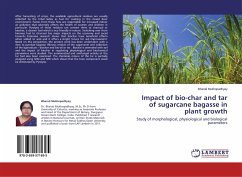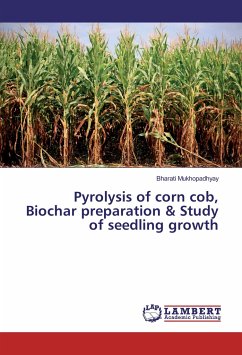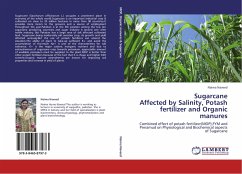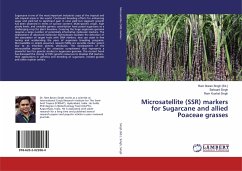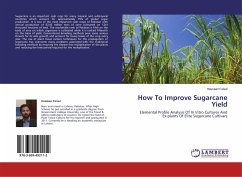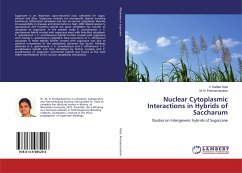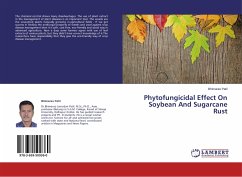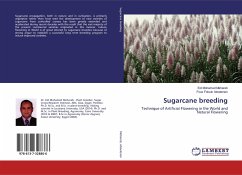After harvesting of crops, the available agricultural residues are usually collected by the tribal ladies as fuel for cooking in the closed door environment. Fumes from these fires are responsible for increased indoor air pollution that adversely affects the health of women and children in particular. Pyrolysis of these residues can convert them to charcoal or biochar, a cleaner fuel which is eco friendly in nature. Switching over from biomass fuel to charcoal has major impacts on the economy and social hazards. Extensive research shows that biochar have beneficial effects when added to soils and it offers a bright future for soil improvement. Based on this perspective, the present work has been undertaken with a view to pyrolyse bagasse (fibrous residue of the sugarcane) and collection of the byproducts - biochar and bio-oil or tar . Biochar is amended with soil and the impact of biochar in regulating physiological and biochemical parameters were studied. The antimicrobial and antifungal activity of the tar had also been examined. The chemicals nature of the tar is partially analyzed using SEM and XRD which shows that the toxic component could be eliminated by Pyrolysis.

